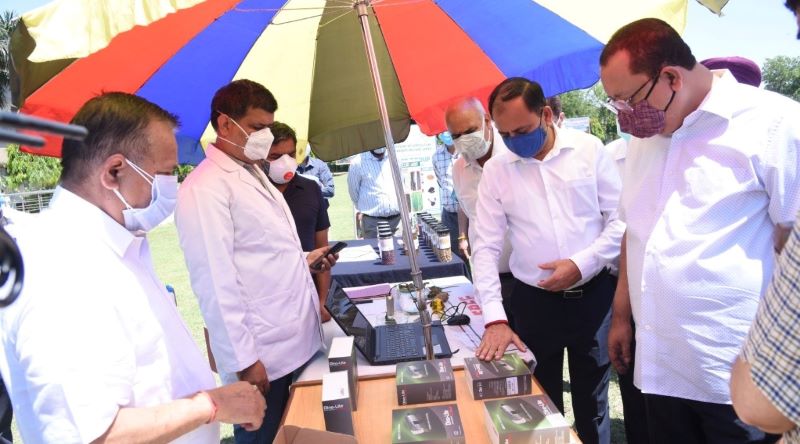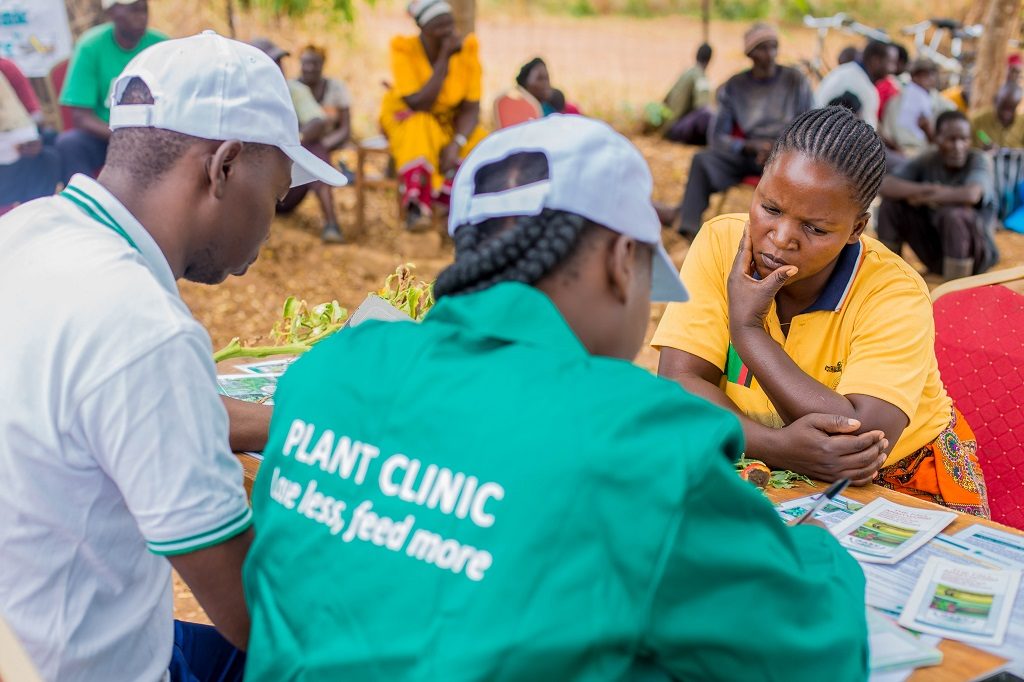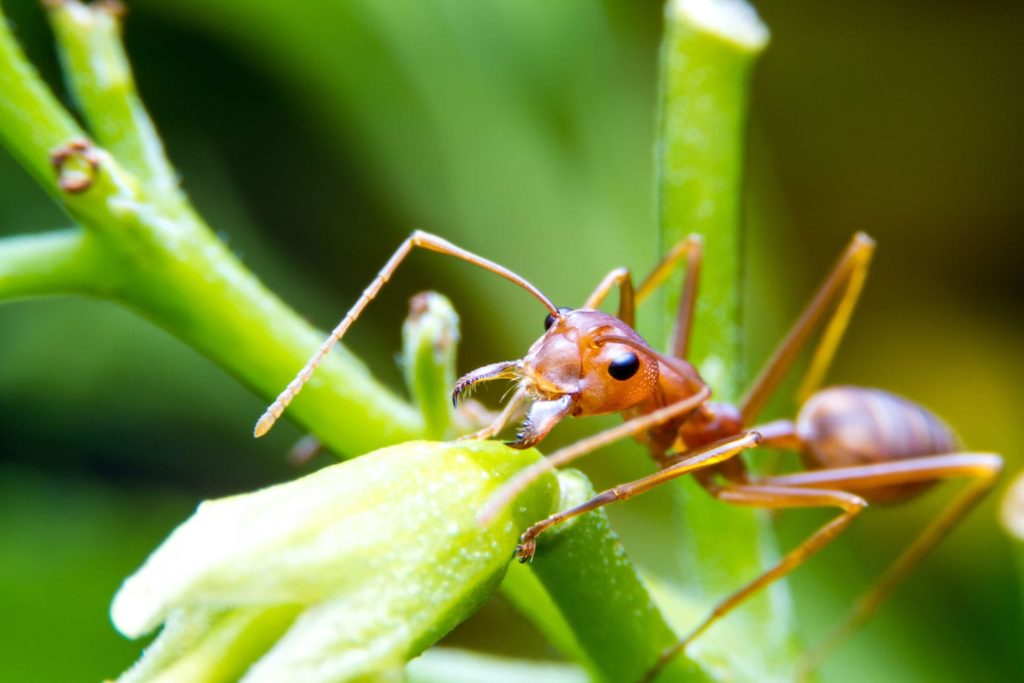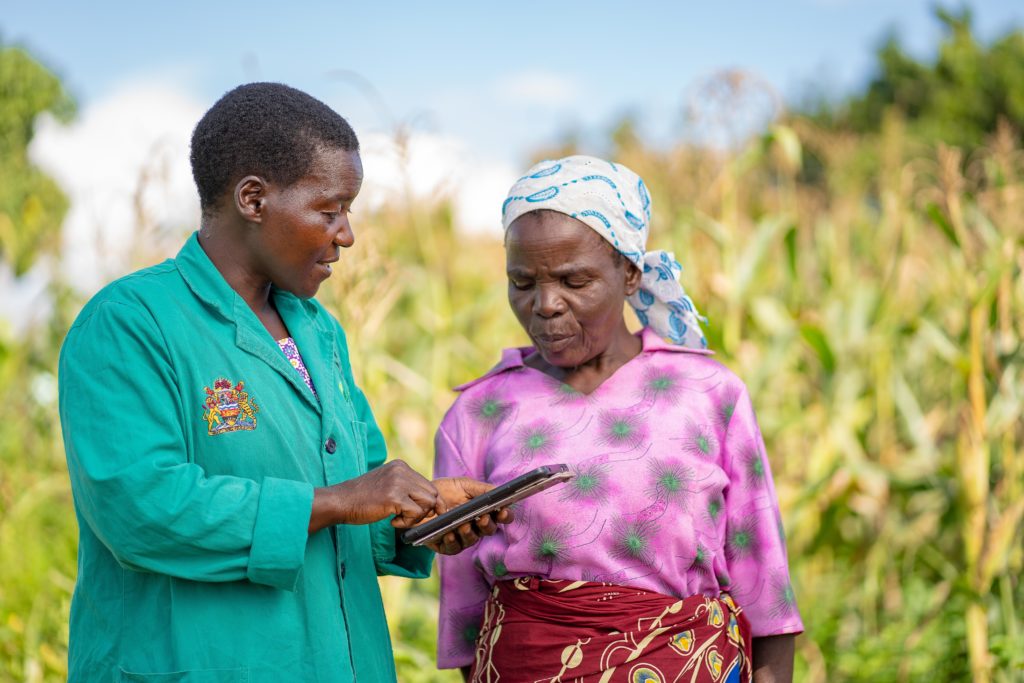Enabling Data Access Project: Supporting Grantmakers and Digital Capabilities in India and Ethiopia
The Enabling Data Access project, funded by the Bill & Melinda Gates Foundation aims to support the improved design of grants with data components in collaboration with the Open Data Institute (ODI). The core goal of the project is to understand the various challenges faced by grantmakers and those who manage grants (Program Officers (POs)) within the Digital Farming Services Gates Foundation…
PlantwisePlus Toolkit: Applying Digital Development Principles to real life
Claire Curry is the Global Team Leader for Specific Objective 1 of CABI’s PlantwisePlus programme, focusing on knowledge delivery to agricultural service providers through digital tools. Claire is a member of the Digital Development team and a ‘Digital Ninja’ at CABI.
New ePlant clinics to help the most remote farmers in Northern India
Plantwise ePlant clinics have opened in a further five districts of Jammu province in the Union Territory of Jammu and Kashmir. With its mountainous landscape, these districts are often inaccessible to public service providers. To make information available to farmers, the Department of Agriculture, Jammu (DAJ) in collaboration with CABI, has established a network of…
Plantwise 10 year sustainability report published by CABI
Over the last ten years, the global Plantwise programme has helped farmers lose less of what they grow to plant health problems. CABI’s newly published report, Sustainability of Plantwise: an assessment after 10 years of the programme, examines the programme’s sustainability and how Plantwise can contribute to lasting change.
Machine Learning within the Agriculture Aid Sector
Artificial intelligence (AI) is being used all around us in our personal and professional lives. With constant improvements to technologies and the data science driving these developments, we are now seeing a world where it is common to see AI in some form in everyday life. One such area of AI which is being utilised…
Plantwise Blog Most Read 2020
As 2020 draws to a close, we have crunched the numbers and present the most read articles on the Plantwise Blog this year. Plus a few firm favourites. Articles on the use of digital technology proved popular this year, not only with how Plantwise work on the ground had to change due to the global…
Being Data-Driven: A New Approach to Decision Making
With many areas of our day-to-day lives becoming digital, from how we communicate to the exposure of previously trapped knowledge across geographic and social boundaries, it is not a surprise that the agricultural sector is also shifting to digital platforms. As such, the adoption of good digital practices at a global scale is important for…
Digital sustainability: Plantwise tools supporting smallholder farmers
Digitalisation is a globally occurring process of converting information and systems into a digital form. This shift in the way we use technology to support our lives is due to the improved technologies which allow us to be more strategic, time and cost efficient, reach more people easily and improve commercial properties. Much of the…









